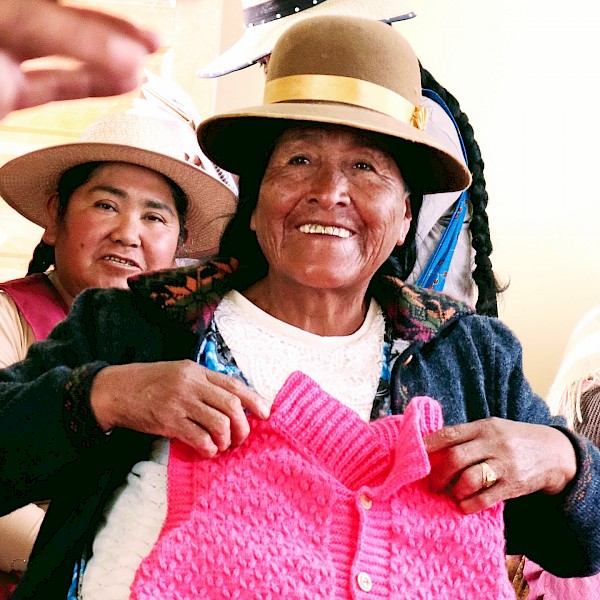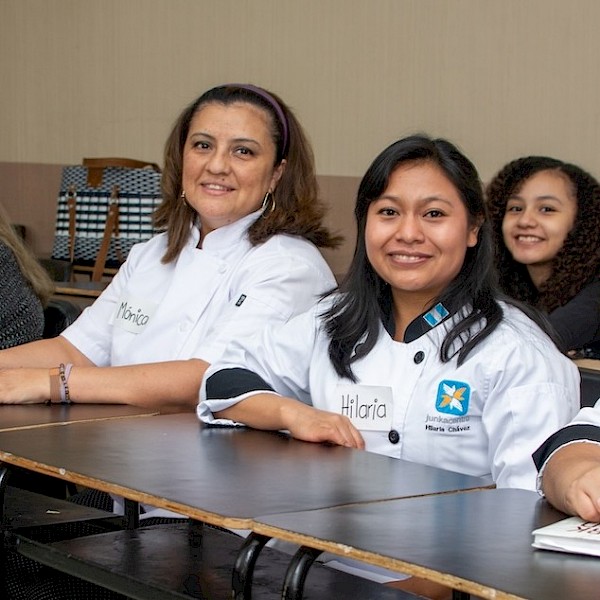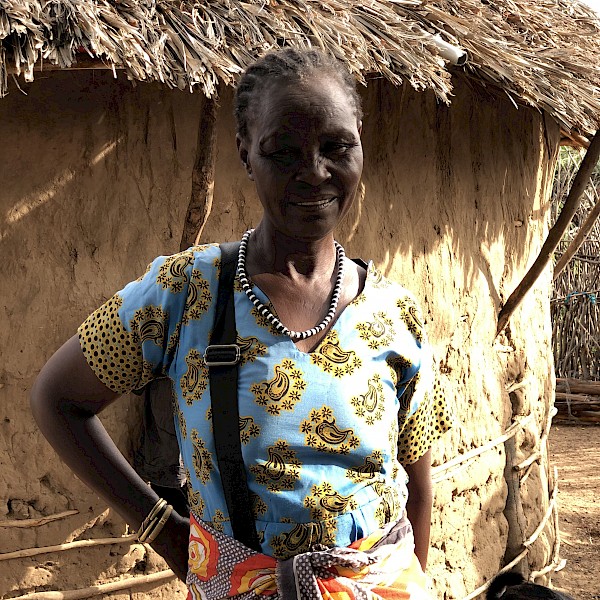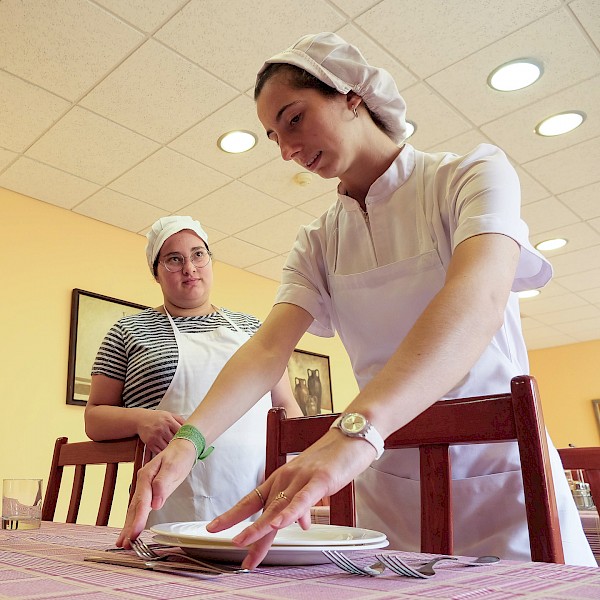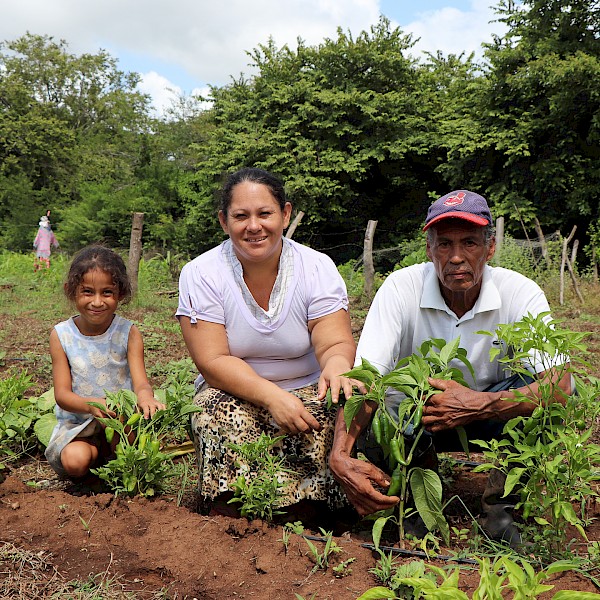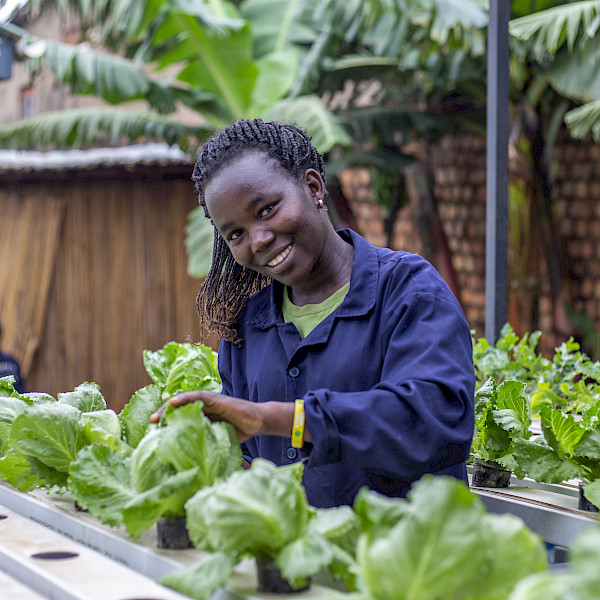Kenya
Strengthening Livelihoods and Improving Food Security of Turkana Women in Kangathotha and Kerio Wards

Duration
2021 – 2023

Budget
280 000 €

Beneficiaries
Women
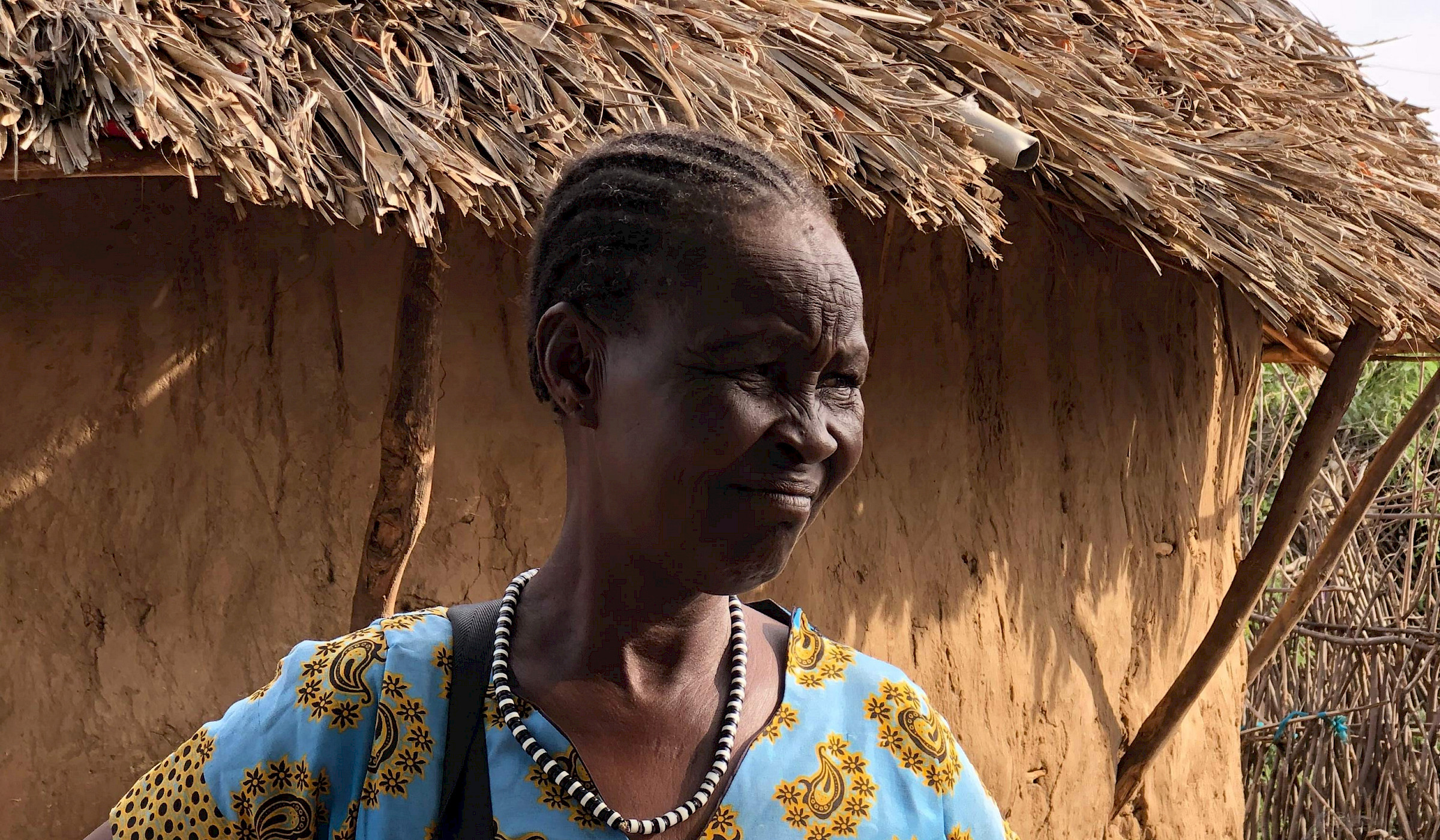



Strengthening Food Security
In the arid regions of northern Kenya, the threat of hunger is ever-present. Repeated dry spells due to climate change have exacerbated the vulnerability of agricultural-pastoralist communities, resulting in food insecurity. The Turkana people’s dependence on natural resources, the region’s marginalization, and lack of infrastructure leave them vulnerable to environmental change. The lack of alternative livelihoods has forced many households to rely on means of subsistence that further degrade natural resources. Consequently, a vicious circle of poverty and food insecurity prevails in the region.
With the support from Inter-Cultur's partners Caritas Finland and Caritas Lodwar, the project aims to strengthen the food security and livelihoods of women and their families in poor pastoralist communities in the Kerio and Kangatotha districts of Turkana province. The project aims to create new livelihood opportunities via vocational training and education to achieve its goals. The project grants technical formation in beekeeping, honey processing, and basket weaving. The project also supports market access for meat, honey, and baskets. Solidarity between groups has been built through establishing community-based savings and lending groups, which have supported cooperation between locals. This project supports and aligns with the UN 2030 Sustainable Development Goals (SDGs).
This project has been funded by the Ministry for Foreign Affairs of Finland.
Key Achievements and Outcomes:
- Supported the economic practices of over 400 women, increasing their monthly income.
- 6 Savings and Internal Lending Community (SILC) groups have started to work independently to promote further economic and social development of the beneficiaries.
Countries
Bolivia
Home to the Andes mountains, Bolivia faces challenges such as poverty and environmental concerns, particularly among its indigenous populations. Our partnership with AYNI focuses on vocational training, literacy, and sustainable agriculture, aiming to empower marginalized communities and women.
Guatemala
In Guatemala, a country known for its rich indigenous heritage, we address the needs of women in disadvantaged situations through Fundación Junkabal. Our initiatives in vocational training and micro-entrepreneurship are designed to uplift women and advocate for human rights.
Kenya
Kenya's diverse landscape is the backdrop for our efforts to tackle poverty and unemployment in the country. Examples of our work include offering vocational education in Nairobi's slums through SET and Eastlands College of Technology, and improving the agricultural activities of rural women in Turkana County, both aiming to improve life quality and employment prospects with an integral formation model.
Lebanon
Lebanon, with its millennia-old heritage, navigates through profound economic crises and a significant refugee presence. In response, our partnership with PRODES and IMS is dedicated to empowering women through vocational training in hospitality, tourism, and gastronomy, equipping young women from rural areas for better prospects.
Nicaragua
Nicaragua, with its dramatic volcanic landscape, faces social unrest and economic difficulties. Our work with ANDECU supports women by investing in vocational training centers and micro-business resources, empowering them to improve their income levels and overcome challenges in their families and communities.
Uganda
Uganda, known for its diverse landscapes and rich cultural heritage, faces socio-economic disparities and gender inequality impacting vocational education access. Partnering with COWA, we provide women and youth with vocational training and technological empowerment to boost employment opportunities and economic independence, promoting gender equality and sustainable development.
